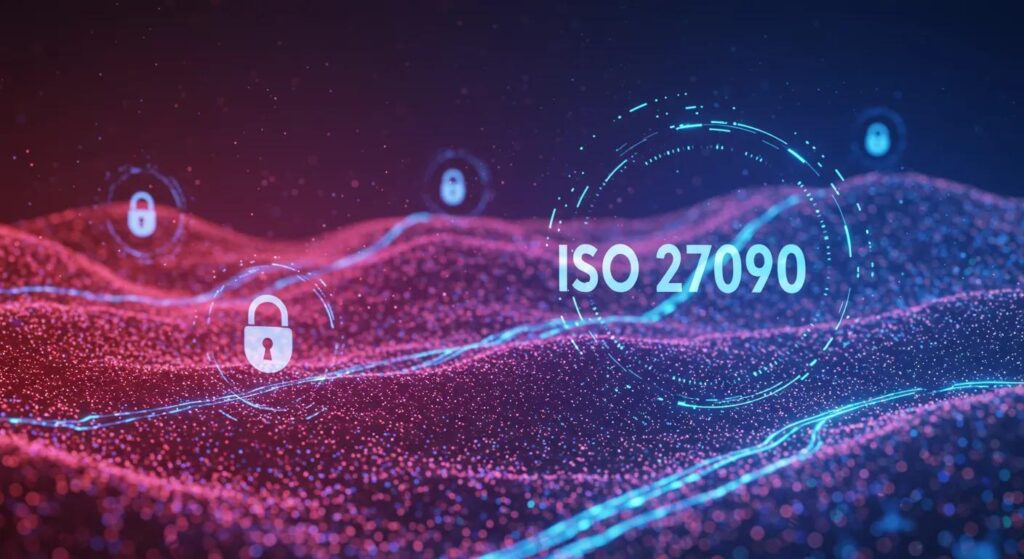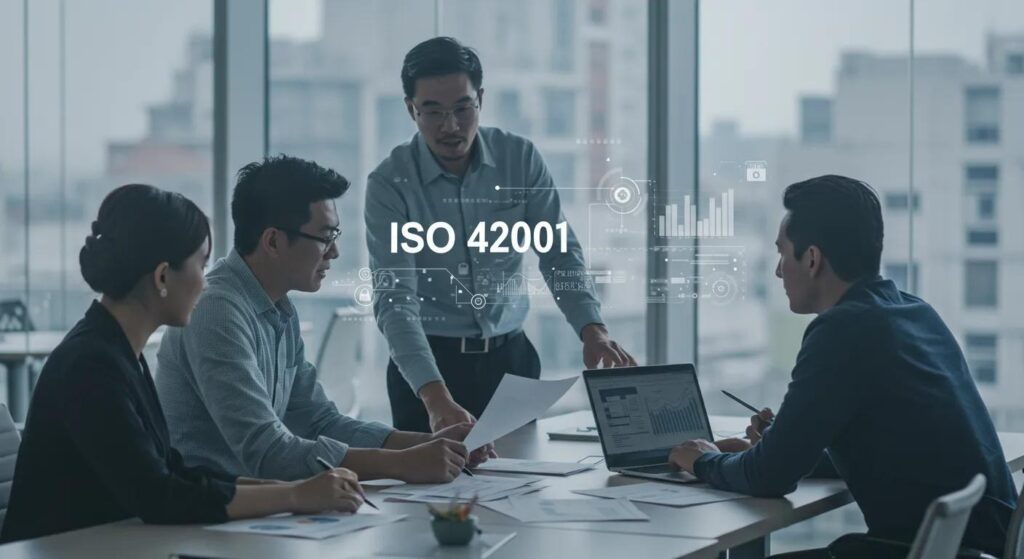Understanding ISO 21001: Key Concepts and Principles
ISO 21001 is an international standard that specifies requirements for a management system for educational organizations. It aims to enhance the satisfaction of learners and other beneficiaries by providing a framework for improving educational quality and efficiency.
This standard encourages educational institutions to adopt a learner-centered approach, focusing on the needs of students and stakeholders. By implementing ISO 21001, organizations can ensure continuous improvement and alignment with best practices in educational management.
Steps to Implement ISO 21001 in Educational Institutions
Implementing ISO 21001 involves several key steps that educational institutions should follow to ensure a successful transition. These steps include conducting a gap analysis, engaging stakeholders, and developing a comprehensive action plan tailored to the institution's unique context.
Furthermore, training staff on the principles of ISO 21001 and establishing a monitoring system for ongoing evaluation are critical components of the implementation process. Institutions can leverage resources and tools provided by certification bodies like Stratlane to facilitate this journey.
Measuring the Impact of ISO 21001 Adoption
Measuring the impact of ISO 21001 adoption is essential for educational institutions to assess the effectiveness of their management systems. Key performance indicators (KPIs) should be established to evaluate improvements in student satisfaction, educational outcomes, and operational efficiency.
Regular assessments and feedback mechanisms enable institutions to refine their processes and ensure that they are meeting the objectives set forth by ISO 21001. Case studies of successful implementations can provide valuable insights into the tangible benefits of adopting this standard.
Common Challenges in ISO 21001 Implementation
While the adoption of ISO 21001 offers numerous benefits, educational institutions often face challenges during the implementation process. Resistance to change, lack of resources, and insufficient stakeholder engagement can hinder progress and affect overall outcomes.
To overcome these challenges, institutions should foster a culture of collaboration and continuous improvement. Providing adequate training and support to staff and involving all stakeholders in the process can significantly enhance the likelihood of successful implementation.









